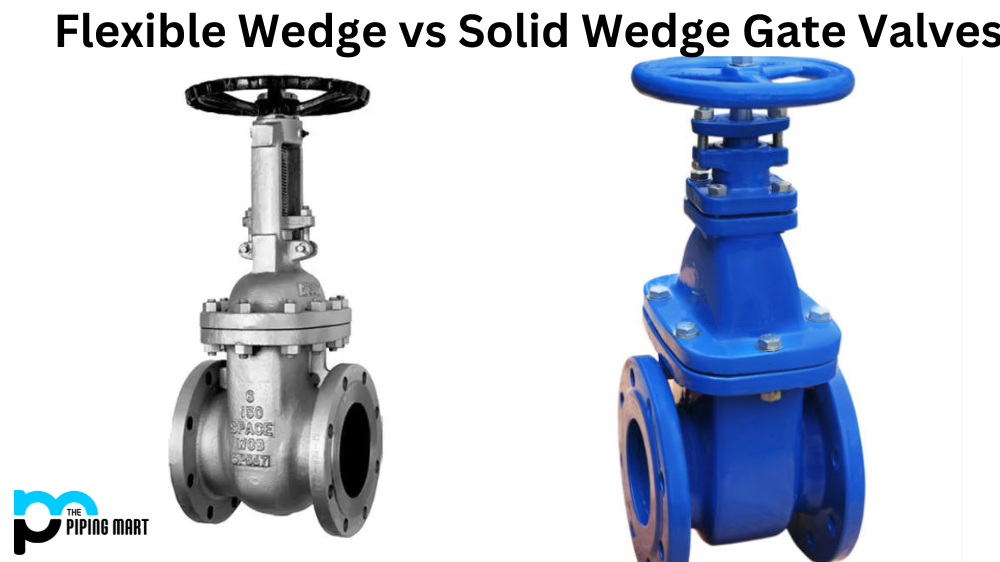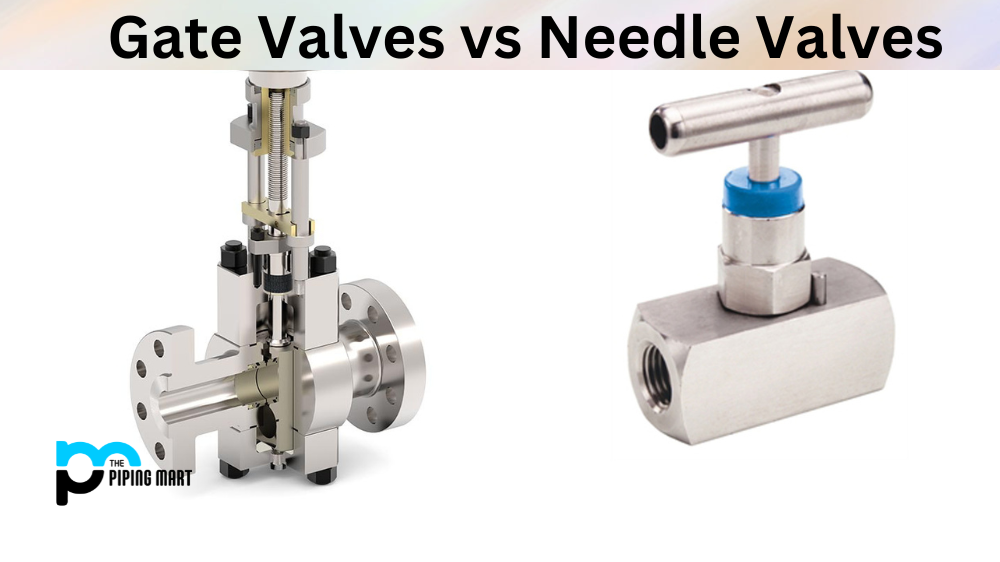In industrial and mechanical engineering, there are two types of gate valves used for water flow control—flexible wedge and solid wedge gate valves. Although these two types of gate valves look very similar, they have some distinct differences that make them best suited for specific applications. Let’s take a closer look at the differences between flexible wedge and solid wedge gate valves so you can make an informed decision about which one to use for your project.
Flexible Wedge Gate Valve
Flexible wedge gate valves are designed with a hinge in the center of the closure plate, which allows it to move up and down freely. This type of valve is typically used in high pressure applications where it needs to be able to handle extreme pressure surges without failing. It is also commonly used in areas where the flow rate needs to be regulated on a regular basis, as its adjustable design allows it to be easily adjusted depending on the application. Additionally, flexible wedge valves are often chosen because they do not require as much maintenance as solid wedge valves.
Solid Wedge Gate Valve
Solid wedge gate valves are designed with a single piece closure plate, which means that it cannot be adjusted once it has been installed. This type of valve is best used in applications where the pressure does not fluctuate significantly and the flow rate does not need to be adjusted regularly. One advantage of using a solid wedge valve is that it requires less maintenance than a flexible wedge valve since there are no moving parts that could potentially wear out over time. Additionally, this type of valve can also provide better sealing capabilities than a flexible one due to its lack of moving parts.
Difference Between Flexible Wedge and Solid Wedge Gate Valve
- Flexible wedge gate valves have a flexible disk that conforms to the seat, providing a tight seal.
- Solid wedge gate valves have a solid disk that is held in place by a screw, providing a tight seal.
- Flexible wedge gate valves are more expensive than solid wedge gate valves.
- Flexible wedge gate valves are less likely to leak than solid wedge gate valves.
- Flexible wedge gate valves require less maintenance than solid wedge gate valves
Conclusion:
Choosing between flexible and solid wedges depends on your application requirements and what kind of environment you will be working in. Flexible wedges offer more flexibility when dealing with different pressures or changing flow rates while Solid wedges provide tighter seals at higher pressures with less maintenance required over time. As always, consulting with an experienced engineer can help ensure you select the right option for your specific project needs!

Pipingmart is a B2B portal that specializes in metal, industrial and piping items. Additionally, we share the latest information and information about materials, products and various types of grades to assist businesses that are involved in this business.




